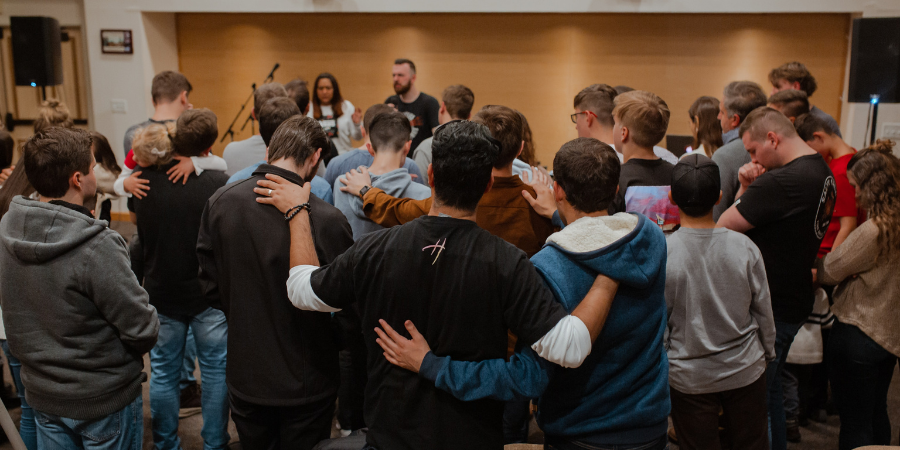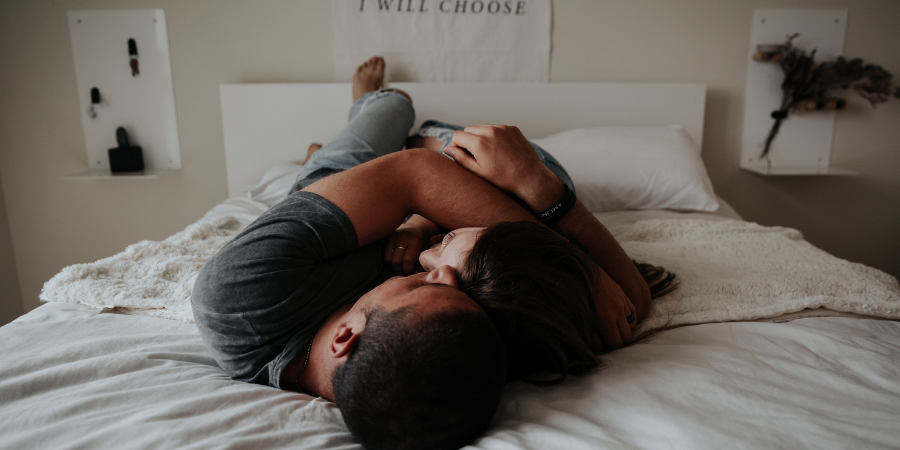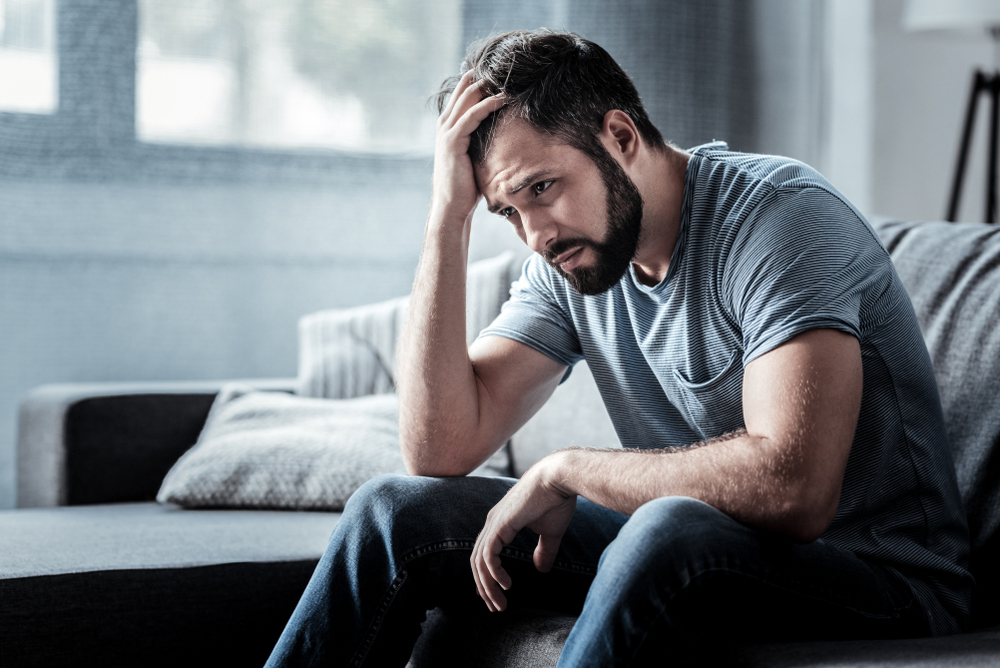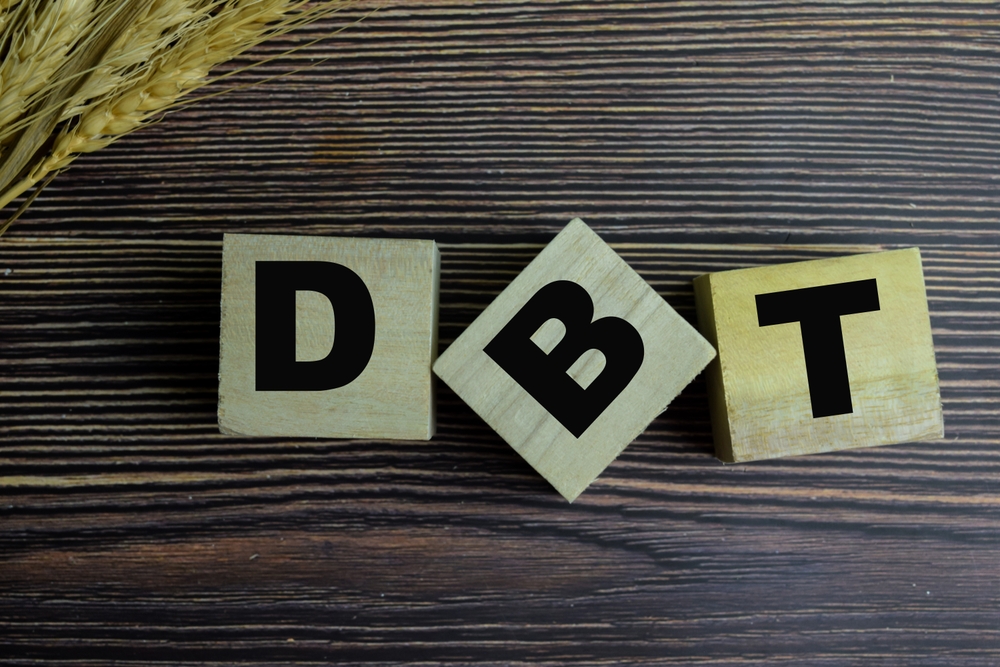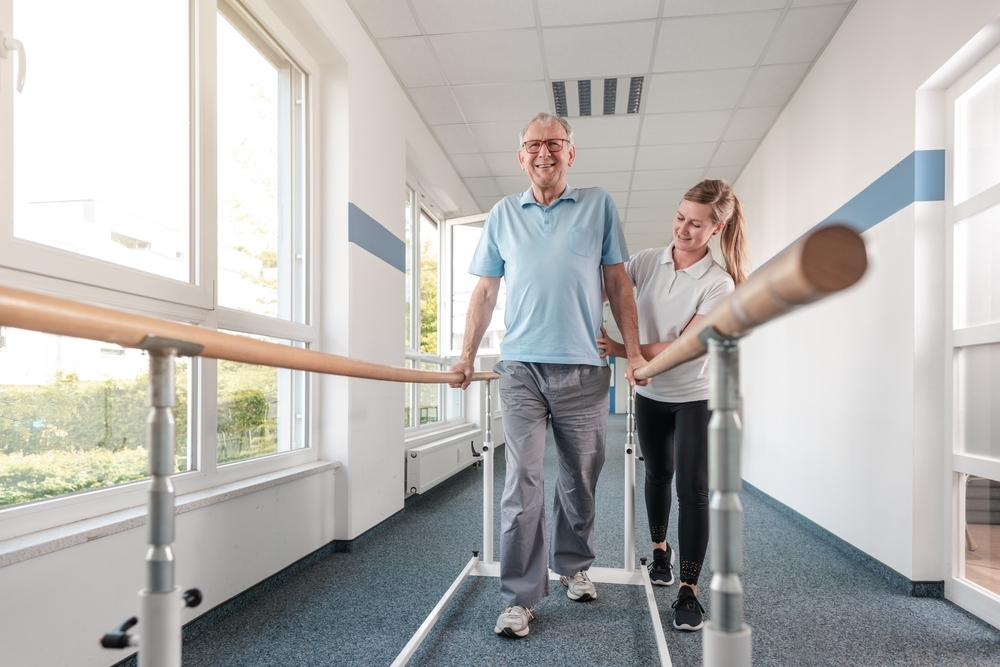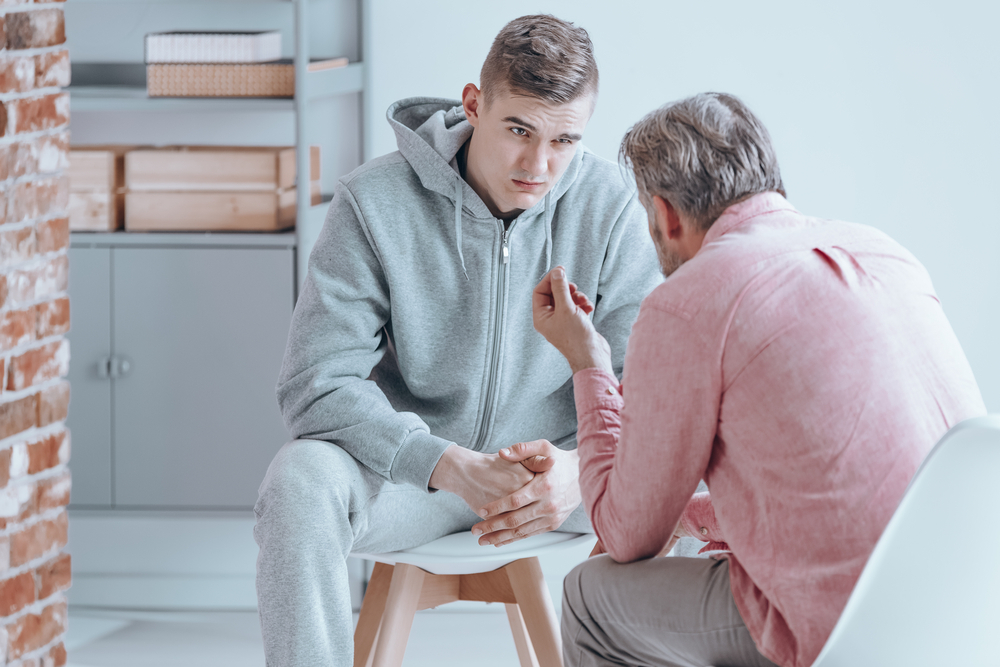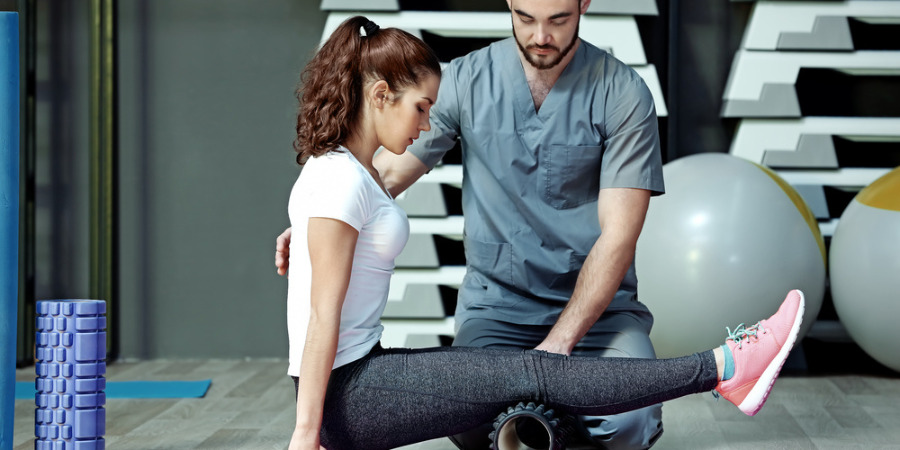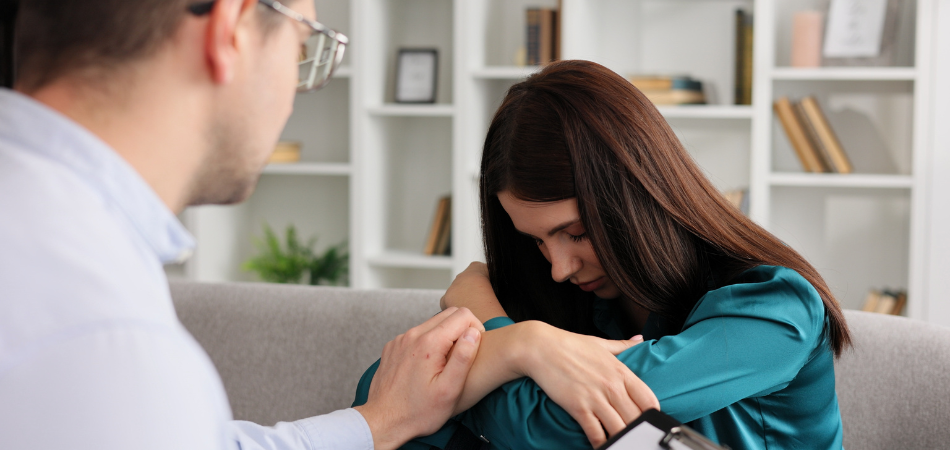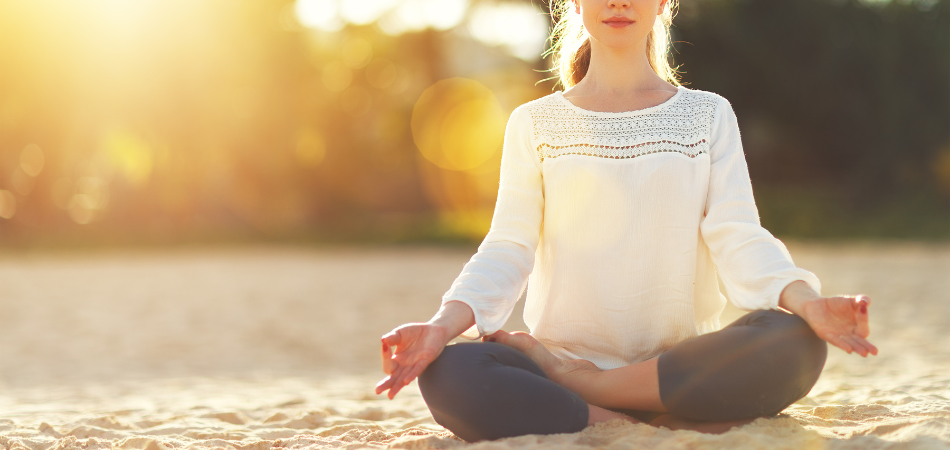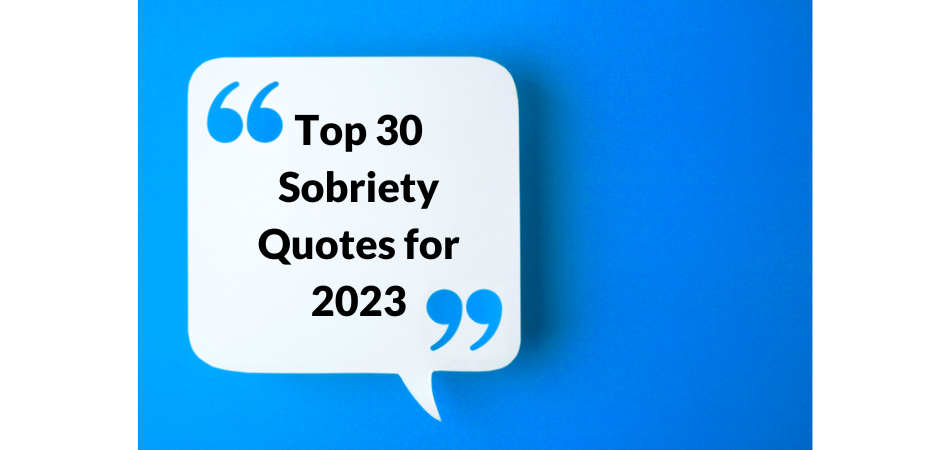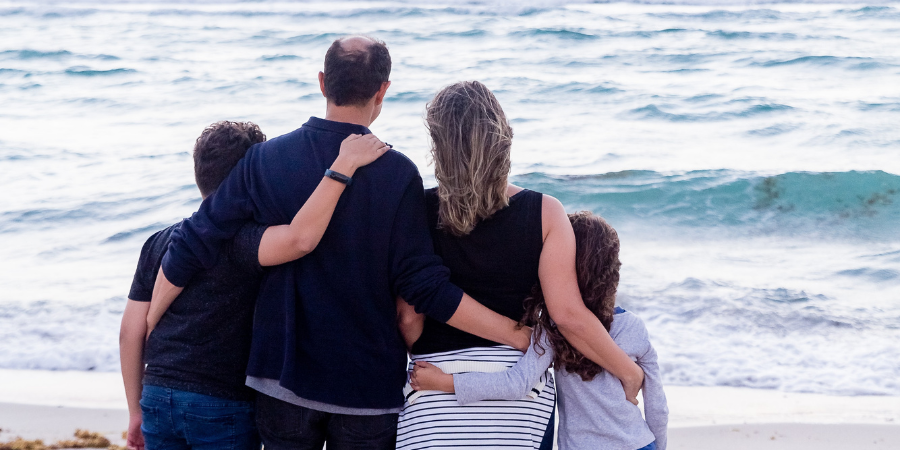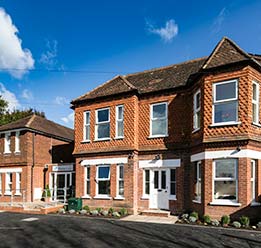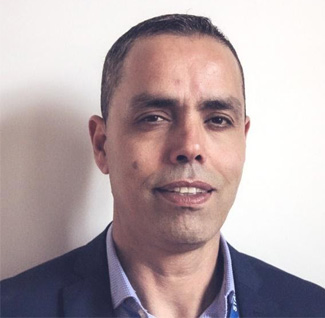
Written by:

Medically Reviewed by:
Last Updated:
August 13th, 2025
Rehab Treatment | Types and Benefits and How it Works
- Select
- Addiction
- Detox
- Rehab Treatment
When addiction takes hold, it has a way of pulling everything out of balance. One day it’s just something you do now and then. Then suddenly, it’s the thing you think about most. Rehab is where that momentum stops. It’s where you step away from the cycle, breathe for a moment and give yourself a proper chance to reset.
This page is here to help you understand what rehab actually looks like, when it might be time to consider it and how we shape the programme around what you need.
What types of rehab programmes are available?
At Primrose Lodge, we offer specialist rehab treatment for a range of addictions. Here are the main categories we support:
Alcohol rehab
Alcohol rehab is built around both physical detox and emotional healing. We help you safely manage withdrawal, while also working on the habits and thought patterns that made alcohol such a central part of your life.
Drug rehab
This includes heroin, cocaine, ketamine, meth, crack and more. Drug rehab at Primrose Lodge adapts to the substance involved, helping you through detox where needed and rebuilding your mindset from the inside out.
Legal high rehab
Substances like Spice, GHB, mephedrone and Benzo-Fury are unpredictable and often underestimated. Legal high rehab offers a way to stabilise, detox if needed and make sense of how the addiction formed.
Prescription drug rehab
We treat addiction to benzodiazepines, opioid painkillers, sleeping pills and more. These often begin with a genuine need, which is why prescription drug rehab focuses on both safe withdrawal and understanding how dependency crept in.
Behavioural rehab
Gambling, food, sex, porn, gaming, they don’t come with a detox phase but that doesn’t make them less serious. Behavioural rehab focuses on therapy, structure and building better responses to emotion or stress.
Where does rehab take place?
Rehab can be taken in two settings: inpatient (residential) or outpatient (at home).
Outpatient rehab is when you live at home and attend scheduled sessions during the week. It might work if your addiction is mild, your environment is supportive and your daily routine isn’t full of triggers.
Inpatient rehab, on the other hand, involves staying at the facility for the duration of treatment. You’re removed from your usual environment and surrounded by support. Everything from your meals to your therapy is planned to help you focus on recovery without distraction.
While both have their place, inpatient rehab is often the better choice. This is because addiction is unpredictable. Triggers can pop up when you least expect and without a clear, supportive space, it’s easy to fall back into familiar patterns.
At Primrose Lodge, the consistency of inpatient care allows you to go deeper into your recovery without interruption. It gives your body and mind time to rest, recalibrate and learn new ways of coping before returning to everyday life.
What does the structure of rehab look like?
Stepping into rehab for the first time can feel daunting. For many, it’s something you’ve only seen in films or heard whispered about. That sense of mystery often comes from the fact that people keep their rehab journey private. Understandably so.
But there’s nothing secret about how we run things at Primrose Lodge. Here’s what you can generally expect:
Rehab isn’t one-size-fits-all
There’s no single way to treat addiction, because no two people experience it in the same way. Some substances take a clear toll on the body and require a medically assisted detox from the start. Others don’t always need medication straight away but that doesn’t mean they’re easy to stop.
At Primrose Lodge, the first step is always abstinence. Even if a drug doesn’t call for medical detox in the traditional sense, it still needs to be fully cleared from your system so your mind and body can reset.
Withdrawal symptoms can creep up or intensify after a few days, which is why we monitor every person carefully during this early stage. If needed, we can provide short-term medication to help ease symptoms and keep you stable.
Here’s a general guide to how the most common addictions are usually treated:
| Addiction | Detox required | Therapy required |
| Alcohol | ✔️ | ✔️ |
| Heroin | ✔️ | ✔️ |
| Cocaine | ❌ (abstinence + symptom monitoring) | ✔️ |
| Benzodiazepines | ✔️ (medically assisted) | ✔️ |
| Cannabis | ❌ (abstinence + symptom monitoring) | ✔️ |
| GHB | ✔️ | ✔️ |
| Methamphetamine | ✔️ (in some cases) | ✔️ |
| Gambling | ❌ | ✔️ |
| Food addiction | ❌ | ✔️ |
| Ketamine | ❌ (abstinence + symptom monitoring) | ✔️ |
Every treatment plan at Primrose Lodge is shaped around your individual needs. Whether you need detox, therapy or both, we’ll guide you through it with care, clarity and support at every step.
Why therapy is central to recovery
Detox is important but it’s only the beginning. Once your body starts to stabilise, that’s when the real work begins. The thoughts that made the drug or behaviour feel necessary don’t just disappear and that’s where therapy steps in.
Some of the therapies we offer include:
- Cognitive behavioural therapy (CBT) to explore how thoughts lead to behaviour
- Dialectical behaviour therapy (DBT) to manage emotional swings and relationships
- One-to-one counselling for deeper, more personal work
- Group therapy to connect with others and reduce shame
- Holistic therapy such as art, yoga or mindfulness, to support recovery from other angles
For behavioural addictions, therapy takes the lead. For substances that require detox, therapy begins once you’re stable enough to benefit from it. Either way, it’s the part of rehab that gives you tools you’ll keep using long after you’ve left.
When is the right time for rehab?
When is the right time for rehab?
There’s no fixed moment when you’re meant to seek help. Everyone’s journey looks different. But if this article has resonated with you at all, it might be worth checking in with yourself.
Ask yourself the following questions:
- Have you tried to stop taking your antidepressant, only to find the withdrawal symptoms too difficult to manage?
- Do you feel emotionally reliant on your prescription, even though your original symptoms have improved?
- Has the idea of life without antidepressants started to feel scary or impossible?
- Have you stayed on your medication longer than planned because coming off it feels overwhelming?
- Do you feel stuck, unsure how to taper safely or whether you’ll cope without it?
If you answered yes to one or more of these questions, it might be time to reach out and give us a call.
Take the first step
At Primrose Lodge, we’re ready when you are. Whether you’re struggling with alcohol, drugs or a behavioural addiction that’s taken up too much space in your life, you deserve support that actually fits what you’re going through.
Let’s take the next step together. Contact us to find out the next best steps for your recovery journey.


